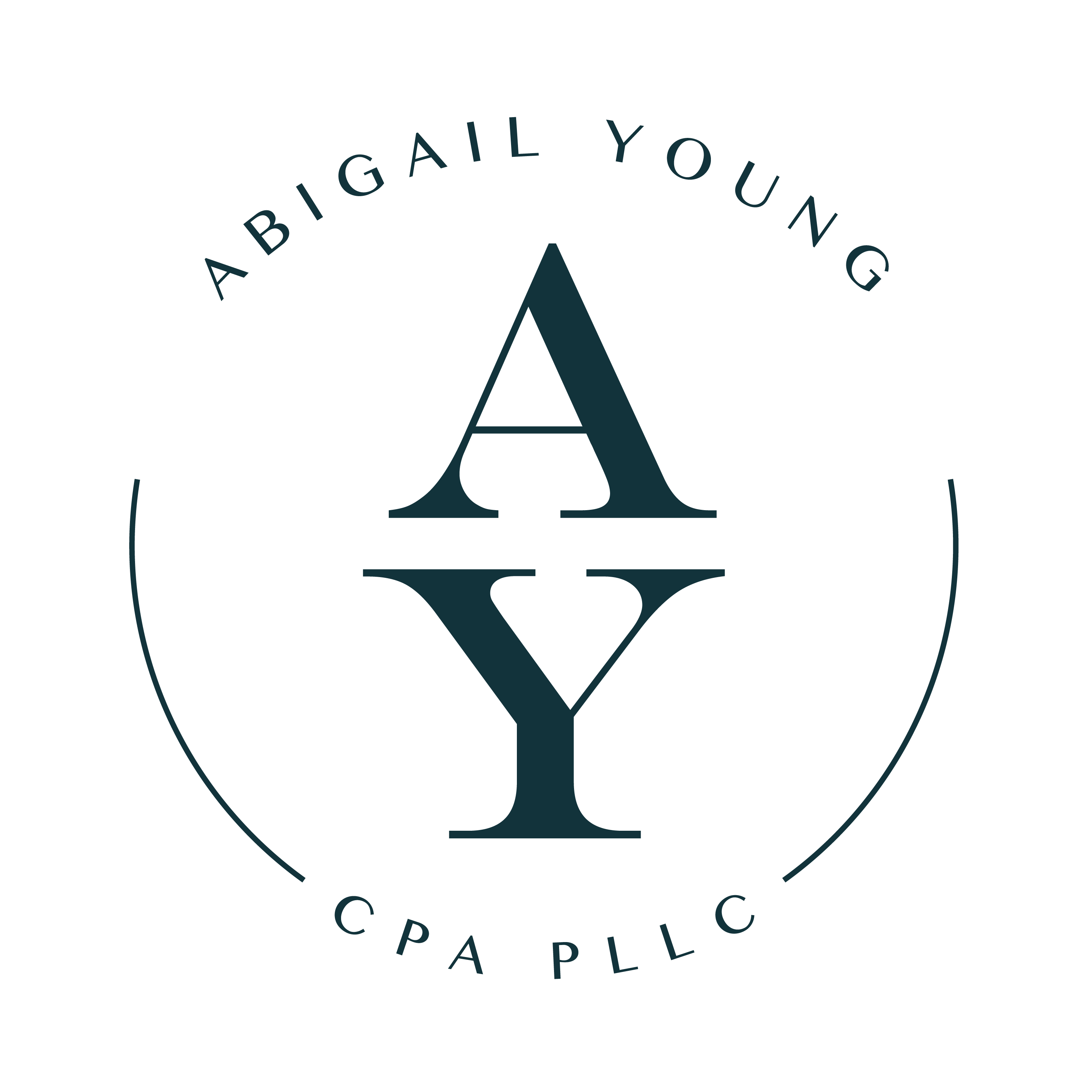Budgeting for Estimated Taxes
Whether you’re a private individual or a business owner, you know you have to pay taxes every year — but did you know that you may also have to meet quarterly deadlines for estimated tax payments, based on what you expect to earn this year? With the help of local McAllen CPA, Abigail Y. Murray, you can gain a clear understanding of your tax obligations and different estimating scenarios for self-employment taxes, income taxes and employment taxes (i.e. payroll taxes).
Getting Your Individual and Business Taxes in Order
The key to budgeting for estimated taxes is to get organized by following three simple steps:
- Know your past income which provides a baseline for comparison with this year’s expected income. If your income stays the same from year to year, your estimate is easy.
- Know the different types of income you expect to earn this year so you don’t underestimate and get hit with end-of-year penalties.
- Choose your saving method to make payments on time and keep your budget on track throughout the year.
There is no one-size-fits-all scenario for estimating taxes because every case is different, from individual freelancers and side-gig workers to small businesses and large corporations with employees. Let’s take a closer look at the different factors involved when budgeting for estimated taxes.
How much should I budget for my taxes?
Generally speaking, you should follow the “30% Rule” which means budgeting 30-40% of your income for taxes. If you’re a company employee, most likely you don’t have to worry about estimating or budgeting for taxes — the company does it for you using a W-4 form. But if you are self-employed or have income that is not taxed on your behalf — such as pension payments, interest or dividend payments, alimony, capital gains, sweepstakes winnings — or you are a business owner yourself, then most likely you’re required to pay quarterly estimated taxes.
Corporations pay estimated taxes if they project owing taxes of at least $500 as part of their tax return filing, while other entities (sole proprietors, partners, shareholders of S-corps and individuals) pay if there is an expected tax obligation of at least $1,000 with their yearly filing.
Individuals should use the 1040-ES worksheet to help figure and pay their estimated taxes (the form includes a payment voucher).
What if I underestimate my taxes?
You work hard for your money and want to keep as much of it as you possibly can. Budgeting for estimated taxes will help ensure that you aren’t hit with penalties at the end of the year.
Previously, if you paid at least 90 percent of your tax obligations you would not be penalized for underestimating, but as of 2018, this has been reduced to 80 percent — which means the government is showing leniency as more people are becoming responsible for their own taxes in today’s economy. But you still have to meet the quarterly payment deadlines (which do not coincide with the quarters of the fiscal year) and be organized to make a close enough estimate each quarter. Your local McAllen CPA, Abigail Y. Murray, can help to ensure your estimates are on track.
What are the payment method options for estimated taxes?
There are three payment methods available to you when budgeting for estimated taxes — per payment, per month, and yearly.
Per payment budgeting means whenever you are paid or receive income you immediately apply the 30% rule. This is usually the best option for new businesses that may not have past income as a baseline for their estimates.
Per month budgeting means you deduct 30% of your average monthly income (based on past income figures) for estimated taxes.
Yearly budgeting deducts 30% from the previous year’s total income.
The payment method you choose can depend on many factors such as whether or not you can afford to take money out now for taxes down the road. You can even carry forward this year’s refund balance toward next year’s taxes. So long as you estimate and deduct what is required of you, you are free to set up your budget in any way that works for you or your business.
What should tax budgeting help you achieve?
Budgeting is just one area where an experienced CPA can provide invaluable counsel. Financial advisement is not only about accounting, bookkeeping and tax prep — but also achieving your long-term financial goals, whether as an individual or a business.
Currently, the IRS charges a penalty of 5% of the underpayment amount for each separate due date for the number of days it remained unpaid. Penalties for estimated taxes can eat into your profits, reduce your savings, derail your retirement planning, devalue your investments and cause endless headaches when you’re busy trying to run a business or improve your income. An experienced CPA can solve any immediate tax problems but also help create a holistic plan so your tax budgeting becomes part of your financial goal planning.


